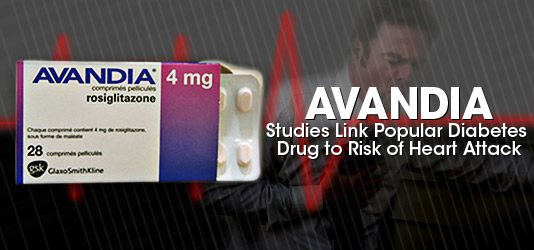 I am clueless about many things. As in the definition: “Lacking understanding or knowledge.” As in the sentence: “I have no clue!” As in the 20+ years I spent living with a research scientist and enduring mind-numbingly torturous dinner conversations on zinc and copper sediment in the Fraser River estuary.
I am clueless about many things. As in the definition: “Lacking understanding or knowledge.” As in the sentence: “I have no clue!” As in the 20+ years I spent living with a research scientist and enduring mind-numbingly torturous dinner conversations on zinc and copper sediment in the Fraser River estuary.
That kind of clueless.
Oh, sure, there are some things about which I do have a clue, as is true with even the most profoundly clueless among us. For instance, with decades of experience working in public relations behind me, I know quite a bit about organizing news conferences, writing speeches, doing media interviews, teaching classes in things like Crisis Communications or Reputation Management, or whipping up a communications plan. And as a Mayo Clinic-trained survivor of a widow maker heart attack, I know a wee bit about cardiology in general, and quite a bit more about my particular obsession: women’s heart disease. As such, I do have a clue about what it’s like to live with a chronic and progressive illness.
So I can’t help but notice that the difference between me and a surprising number of other people out there seems to be that I am exquisitely aware of both what I do have a clue about, and what I have no clue whatsoever about on any given subject. So I usually try to keep my mouth shut as much as possible whenever encountering the latter.
The same cannot be said, alas, of some tech-types working in the digital health field of self-tracking – and here’s why I dare to make that observation.  Continue reading
Continue reading


